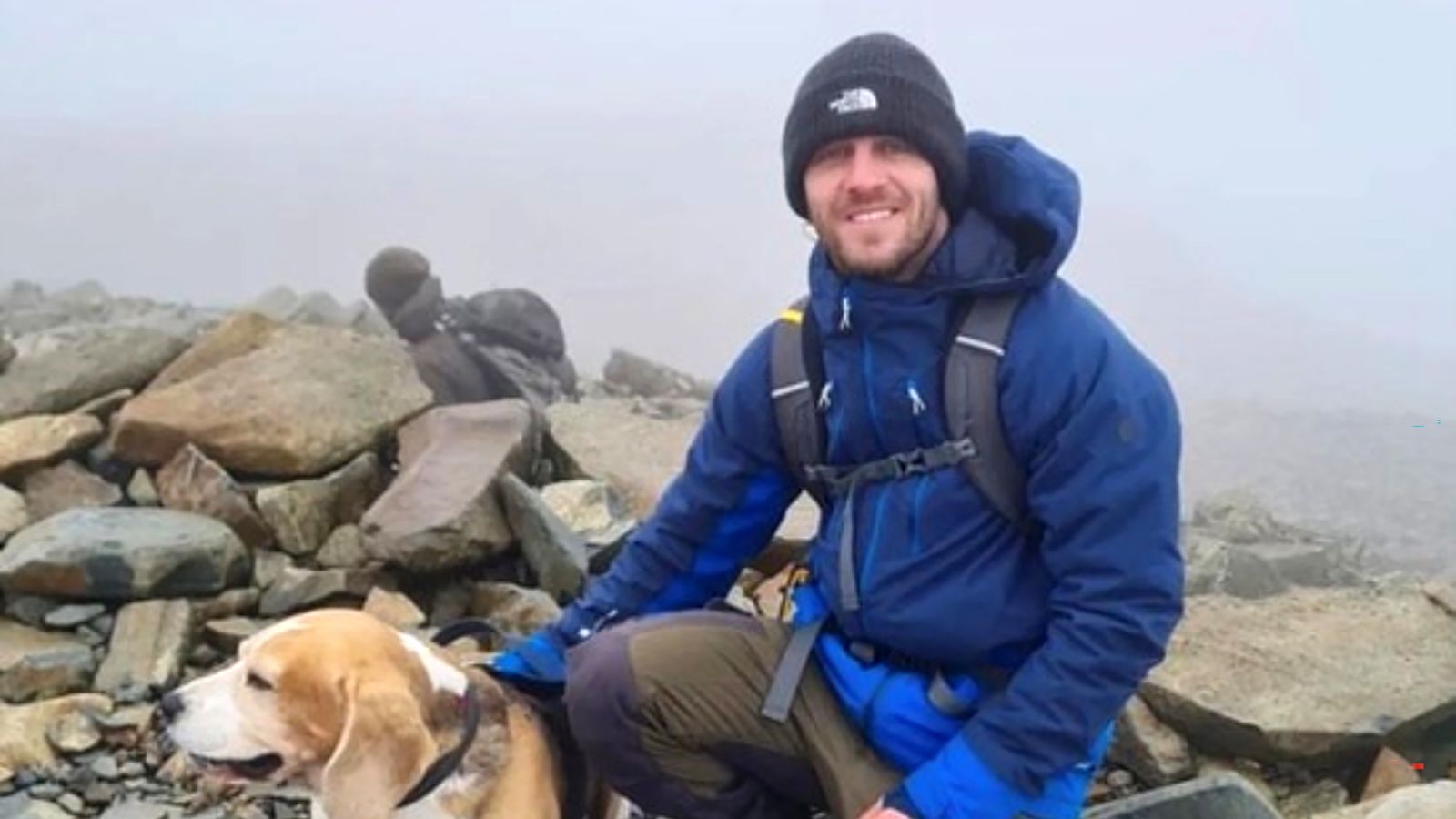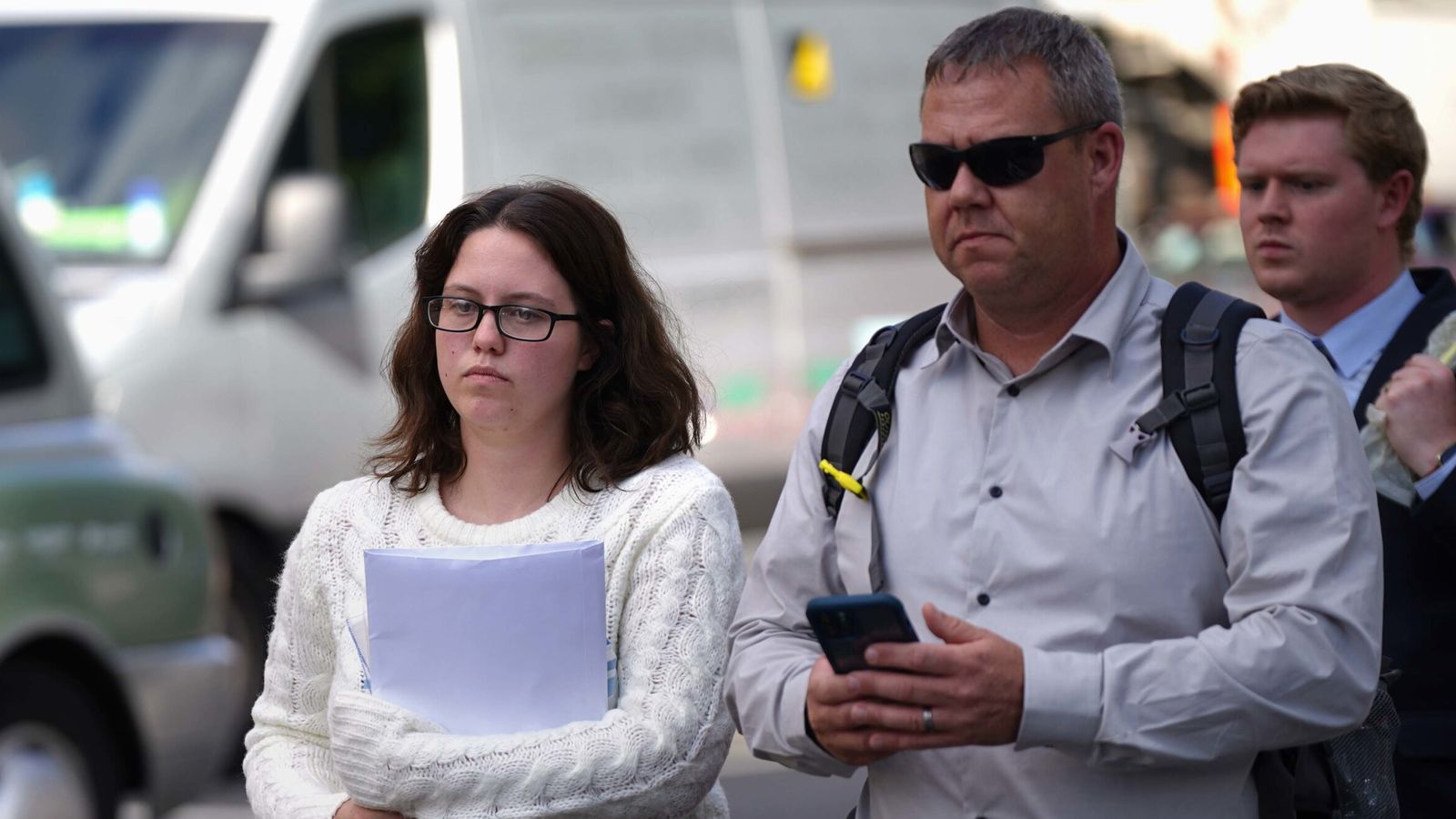More than 1,000 people have been arrested and 292 weapons seized as part of a week-long crackdown on county lines drug dealing gangs.
Police nationwide conducted a week of action from 17 May, making 1,100 arrests, seizing 33 guns and 219 knives and identifying 80 drug-dealing phone lines.
There are around 600 county gangs operating in the UK, down from around 2,000 two years ago, something Deputy Assistant Commissioner Graham McNulty attributed to an increased police response.
The National Police Chiefs’ Council lead for county lines said: “We have been relentless in pursuing those behind the line while doing everything possible to rescue those being exploited.
“Intensification weeks like this allow us to dedicate a burst of activity and resources nationally, highlighting to the public our absolute determination to rid communities of this abhorrent crime.”
County lines gangs are drug dealers who sell to customers in rural areas using dedicated phone lines and children as couriers.
They also take over the homes of vulnerable people to store or deal the drugs.
During the operation, 904 of these homes were visited and 1,138 vulnerable people were kept safe, police said.
The operation also involved the National Crime Agency, which seized 500kg of cocaine from a shipping container in London and 17kg of heroin after a Polish driver was stopped in France.
Another HGV driver was charged with bringing 107kg of cocaine – worth £8.5m – into the UK from the Netherlands by ferry.
In March Sky News reported that children are still at risk of being exploited by the gangs, a risk that has not gone away during the coronavirus pandemic.
A report by the National Youth Agency pointed to gangs increasingly targeting vulnerable young people where they live, increased and more creative use of social media platforms to groom young people stuck at home during lockdown, and a lack of sufficient support in more rural areas for children to seek help.
Deputy Assistant Commissioner McNulty said: “We will use all the powers available to us to tackle every element of the county line network because we know the effect violence and crimes associated with county lines can have in our communities.
“It is vital that everyone looks out for the signs of exploitation.
“This may be a child with unexplained cash, a new expensive phone or clothing, suddenly going missing, in possession of rail tickets or taxi receipts, a change in behaviour and new people suddenly appearing at a house or flat.
“If you are concerned then please contact your local police force or call Crimestoppers anonymously on 0800 555 111.”



